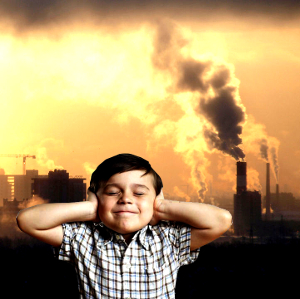Medic calls for more monitoring
 Medical experts are calling for more air-pollution monitoring near Queensland mines.
Medical experts are calling for more air-pollution monitoring near Queensland mines.
Emerald GP Ewen McPhee says high levels of respiratory illness and allergies in towns located near the mines are “not just bad luck”.
He has joined call made last week by the Environmental Justice Australia (EJA), which allege that there are high levels of the potentially deadly PM10 particle matter in many communities.
But in Queensland’s Bowen Basin, a major coal mining and residential region, there is just one air-quality monitoring station.
The Queensland Environment Department says data from its monitoring stations in Moranbah, Mackay and Gladstone show ambient air in central Queensland is generally within the current 24-hour average standards.
The authorities say all but two mines in the area monitor PM10 levels and give their air emission data to the department if levels are detected above the guidelines.
But Dr McPhee says the levels of respiratory illness in the region continue.
“As a doctor you see people with asthma, you see people with a lot of allergic problems such as allergic rhinitis, runny nose, coughing and sneezing, but you also see people with heart disease, you see people with chronic lung problems, and it's not just bad luck,” he told the ABC.
“Obviously the environment is something we don't always take into our calculations.
“If we're going to understand how much of a problem PM10 is, we have to measure it, we have to understand what the true burden of these fine particles is in our communities.
“Certainly rural areas particularly have higher burden of cardiac disease, they have higher burdens of respiratory problems, they have poorer outcomes from cancer care — so you've got to ask yourself- why is that?
“We can't just blame people's lifestyle — I think that we neglect the impact of our environment significantly on health outcomes.”
Central Highlands Mayor Peter McGuire told reporters that more must be done.
“New South Wales governments over the years have been a little bit more proactive in this game, so there's obviously a message out there for state governments — not just this one — but the previous state government, that this needs to be tended to sooner rather than later,” he said.
“It's important to make sure that these things are monitored, that people do have an understanding of what the levels are, so that they can make decisions about their own health, their families health, their children's health.”








 Print
Print